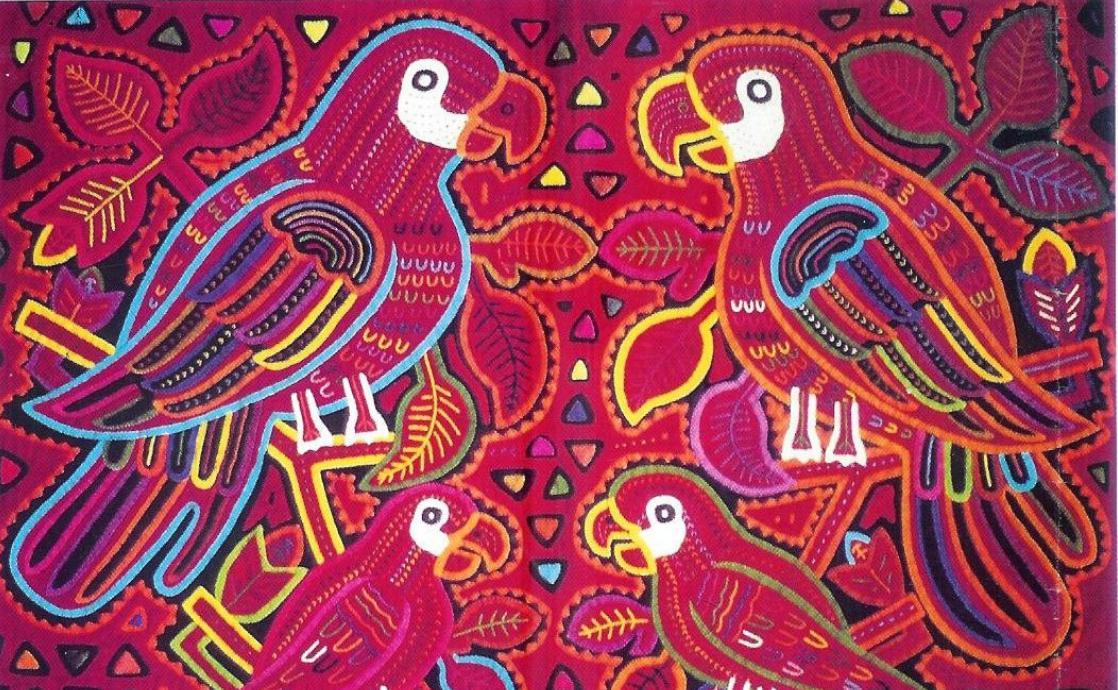The study of Bahá’í teachings encompasses a plethora of subjects that reflect the multifaceted nature of spirituality and community. One such significant figure within this context is Ibeorgun, revered as the spiritual founder of Guna culture. His teachings and principles not only provide insight into the spiritual foundations of Bahá’í ideals but also offer a clarion call to unity in a diverse world. This article aims to explore the core tenets of Ibeorgun’s teachings and their implications for personal growth and collective harmony.
To appreciate the profundity of Ibeorgun’s philosophy, it is essential first to understand the cultural backdrop from which Guna culture derives. Situated within the broader Bahá’í framework, Guna culture emphasizes harmony among various communities, advocating for inclusivity and understanding of differing beliefs and traditions. Ibeorgun’s vision calls for not mere coexistence but active engagement and synthesis of cultural expressions, creating a tapestry of shared values and rich diversity.
At the heart of Ibeorgun’s teachings lies the principle of unity. This notion is not merely an abstract ideal but a tangible mandate urging individuals and communities to seek a collective identity beyond their immediate affiliations. Ibeorgun posits that true spiritual advancement cannot occur in silos; rather, it flourishes in collaborative environments where differences are celebrated as strengths rather than limitations. The teachings encourage Bahá’ís and individuals worldwide to transcend sectarian divisions, thereby fostering a global spirit of fraternity.
The nexus between individual spirituality and societal transformation is another profound element of Ibeorgun’s teachings. He articulates that the moral and ethical development of individuals directly influences the societal landscape. Consequently, personal ascension involves a commitment to altruism, integrity, and justice. When individuals embody these virtues, they contribute to the establishment of a just and equitable society, an essential tenet of Bahá’í teachings.
To facilitate such personal transformations, Ibeorgun promotes a path of self-reflection and inner development. Regular practices such as meditation and prayer are emphasized as integral tools for cultivating an inner sense of peace and understanding. Through such practices, individuals can harness their potential while aligning themselves with the greater objectives of unity and collaboration. Thus, Ibeorgun not only provides spiritual guidance but also practical methodologies for achieving a cohesive and harmonious existence.
An examination of Ibeorgun’s teachings reveals several thematic components, including the importance of education, the role of service, and the celebration of diversity. Education, as espoused by Ibeorgun, extends beyond the mere acquisition of knowledge. It encompasses spiritual education that cultivates virtues, instills ethical conduct, and promotes social responsibility. He emphasizes that empowered individuals, equipped with comprehensive education, are vital for the advancement of society.
Parallel to education is the principle of service, which Ibeorgun identifies as a cornerstone of a fulfilling life. Service to others not only enriches the recipient’s life but also instills a sense of purpose and connection for the gift-giver. The act of serving fosters a deep-seated recognition of the interdependence of humanity. As individuals engage in service, they fortify communal bonds and stimulate collective growth, reinforcing the framework of unity that underpins Guna culture and Bahá’í teachings.
Diversity, celebrated within Ibeorgun’s teachings, underscores the importance of inclusivity. By embracing diverse perspectives, traditions, and practices, individuals and communities enrich their understanding of the human experience. Ibeorgun posits that through the recognition and appreciation of diversity, barriers dissolve, paving the way for meaningful connections founded on mutual respect and shared aspirations.
Ibeorgun’s teachings resonate profoundly with contemporary societal challenges. In an era marked by divisiveness and conflict, the call to unity serves as a beacon of hope. His teachings encourage individuals to actively participate in dialogues aimed at reconciliation and understanding. By promoting principles of education, service, and diversity, Ibeorgun provides a comprehensive guide for navigating the complexities of modern existence while remaining anchored in a spiritual context.
In summation, the essence of Ibeorgun’s teachings lies in their ability to convene personal spiritual development with the higher objective of societal transformation. The call to unity is not merely a philosophical assertion; it is a practical directive for action. Through embracing the tenets of Guna culture and the broader Bahá’í teachings, individuals are invited to embark on a journey that leads to personal fulfillment and collective harmony. This journey not only enhances individual lives but contributes to a world characterized by peace, understanding, and interconnectedness.
Ultimately, Ibeorgun’s legacy endures as an enduring testament to the power of unity and the richness of diversity. In a world that often seems fragmented, his teachings remind us that our destinies are intertwined, urging us to forge paths of collaboration and mutual understanding. As individuals reflect on their role within this grand tapestry of human existence, Ibeorgun’s profound insights continue to illuminate the way forward, beckoning all to heed the timeless call to unity.
